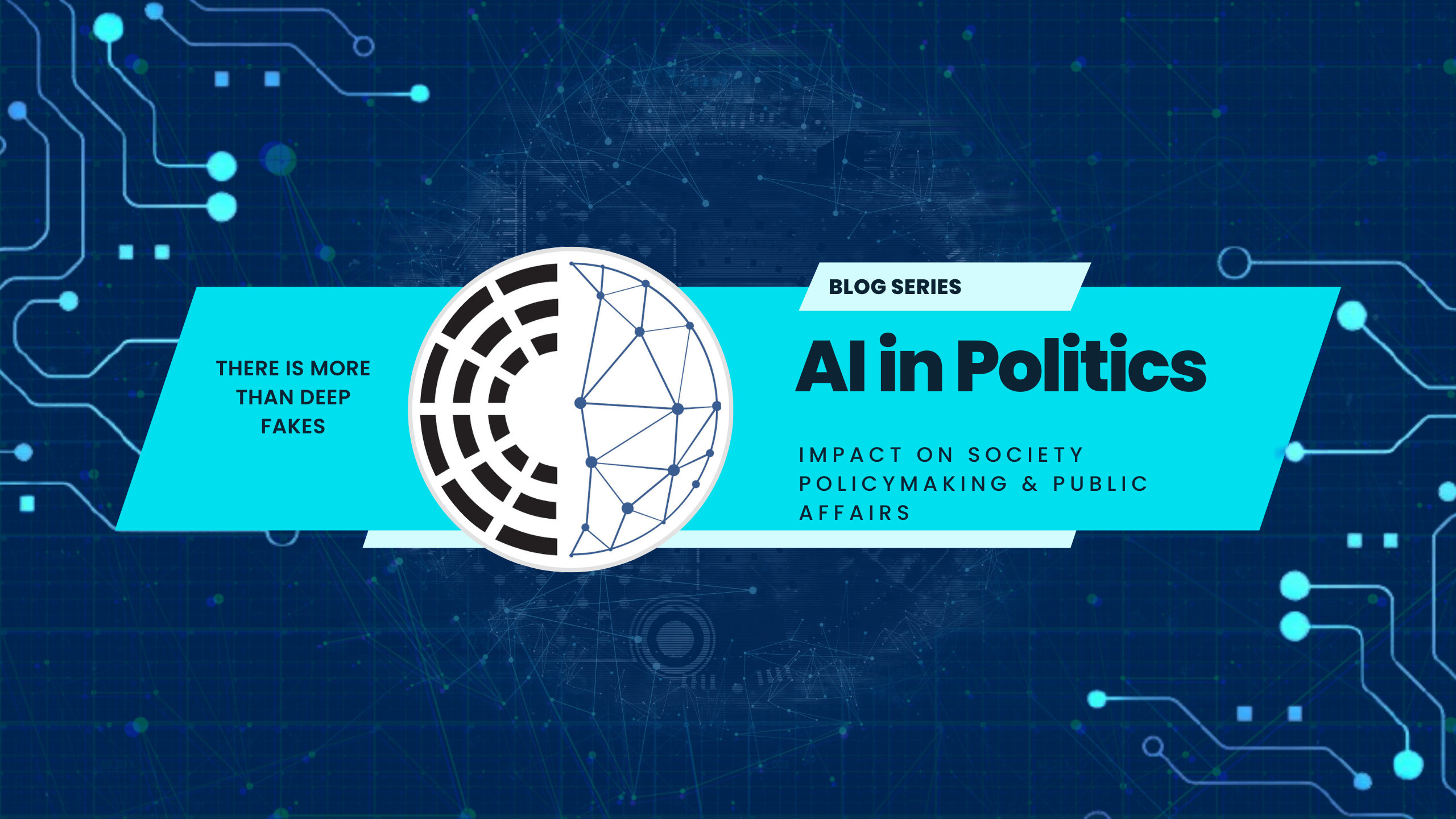Artificial intelligence (AI) is rapidly transforming global relationships, public diplomacy, and policymaking. Elizabeth Allen, former U.S. Under Secretary for Public Diplomacy and current Chief of Staff for Kamala Harris’ running mate, Tim Waltz, offers valuable insights into AI’s role in reshaping diplomacy and its profound implications. Read more about Elizabeth Allen on Wikipedia.
In a recent interview with Ms. Magazine, Allen described AI as a double-edged sword, with both tremendous potential and significant risks. She highlighted AI’s ability to revolutionize key sectors such as healthcare and education, noting its potential to deliver services to underserved populations. For example, AI could help provide digital curricula and AI-enabled medical advice in developing countries, “lifting generations out of poverty [and] disease.” This vision aligns with initiatives like the AI for Good program, which is using AI to address global challenges.
AI and Disinformation: A Growing Threat to Public Trust
Yet, Allen also warned of the dangers AI poses, especially concerning disinformation. As she explained, “AI could turbocharge disinformation to the point beyond our ability to understand, let alone solve problems.” With AI-generated deepfakes and fake content, disinformation can rapidly undermine public trust in institutions and compromise global understanding. Allen noted that addressing this requires a proactive approach to regulating AI, particularly within the information space, where AI tools are used to combat inauthentic content.
Security Concerns: How AI is Shaping National and International Safety
Security risks are another concern for AI in global relations. As AI technology develops, its misuse in cyber-attacks and defense sectors poses serious challenges to international security. Diplomats, Allen remarked, are working through initiatives such as the U.S. AI Safety Institute to mitigate these threats, balancing innovation with national security concerns.
Gender Equity in AI: Ensuring Inclusive Governance
A significant theme in Allen’s analysis is the gendered implications of AI. With AI systems reflecting biases embedded in the data they are trained on, gender equity in AI development is crucial. “Gender equity must be integrated into AI governance,” she emphasized, warning that without this focus, AI could perpetuate existing inequalities. As part of this effort, she stressed that tech companies must adopt diverse datasets and design frameworks that promote inclusivity to ensure AI-driven innovation benefits all.
Cultivating Diplomacy: AI’s Role in Fostering International Relationships
Allen also shared a broader perspective on public diplomacy, describing it as a “360-degree ecosystem” that requires weeding out disinformation, tending to the health of information spaces, and cultivating people-to-people relationships. She argued that AI can help cultivate these relationships by increasing understanding between nations, such as the U.S. and China. Allen emphasized that, while AI is an area of disagreement between the two countries, it is also a field that demands dialogue and collaboration.
In conclusion, Elizabeth Allen’s reflections offer a comprehensive view of the challenges and opportunities AI presents in diplomacy and public policy. Her emphasis on equity, regulation, and international cooperation reinforces the importance of creating a governance framework that harnesses AI’s power while safeguarding against its risks. As AI continues to influence global politics, public affairs, and policy, ensuring that its development aligns with democratic values and inclusivity will be essential for the future.
For more on Allen’s insights, read the full interview here.
About Ms. Magazine
Ms. Magazine is a feminist publication that focuses on issues related to gender equality, politics, and culture. Since its founding in 1971, it has been a platform for highlighting women’s rights, social justice, and advocacy, providing a critical lens on topics that affect women both in the U.S. and globally. The magazine offers commentary and analysis on a wide range of subjects, aiming to amplify underrepresented voices and address the challenges women face in various aspects of society.


